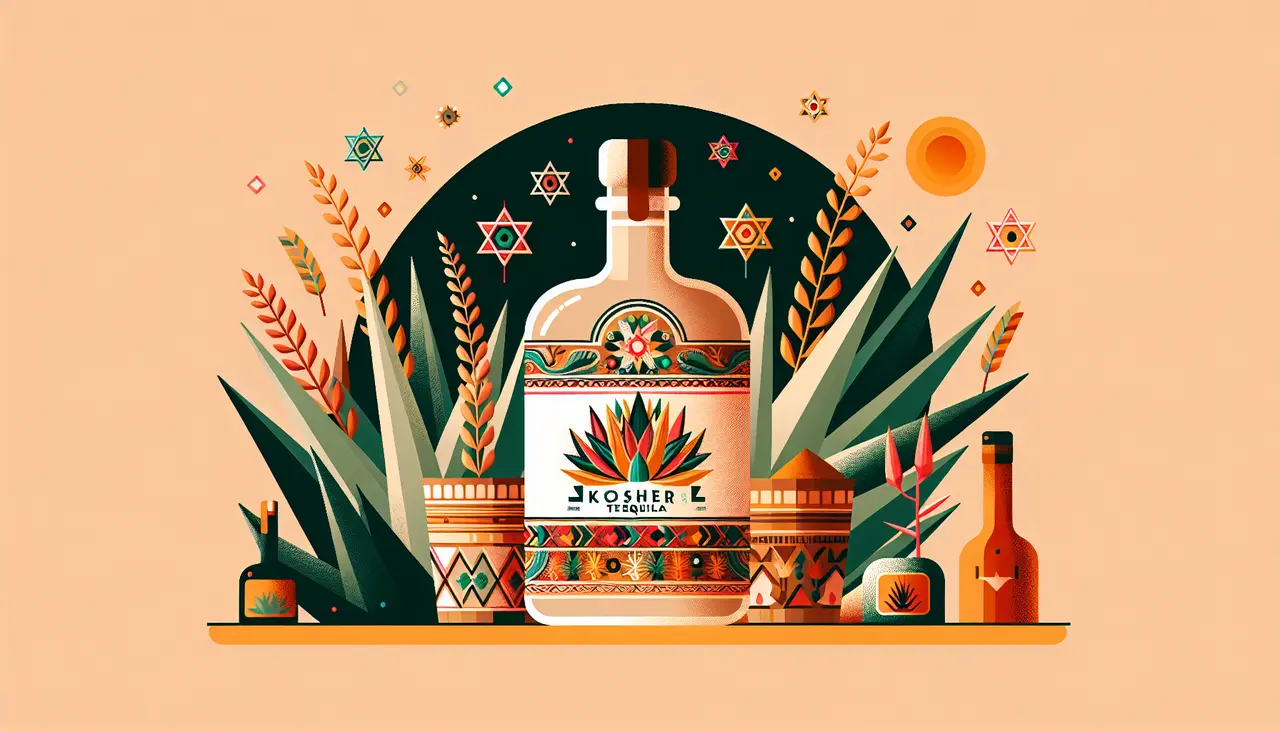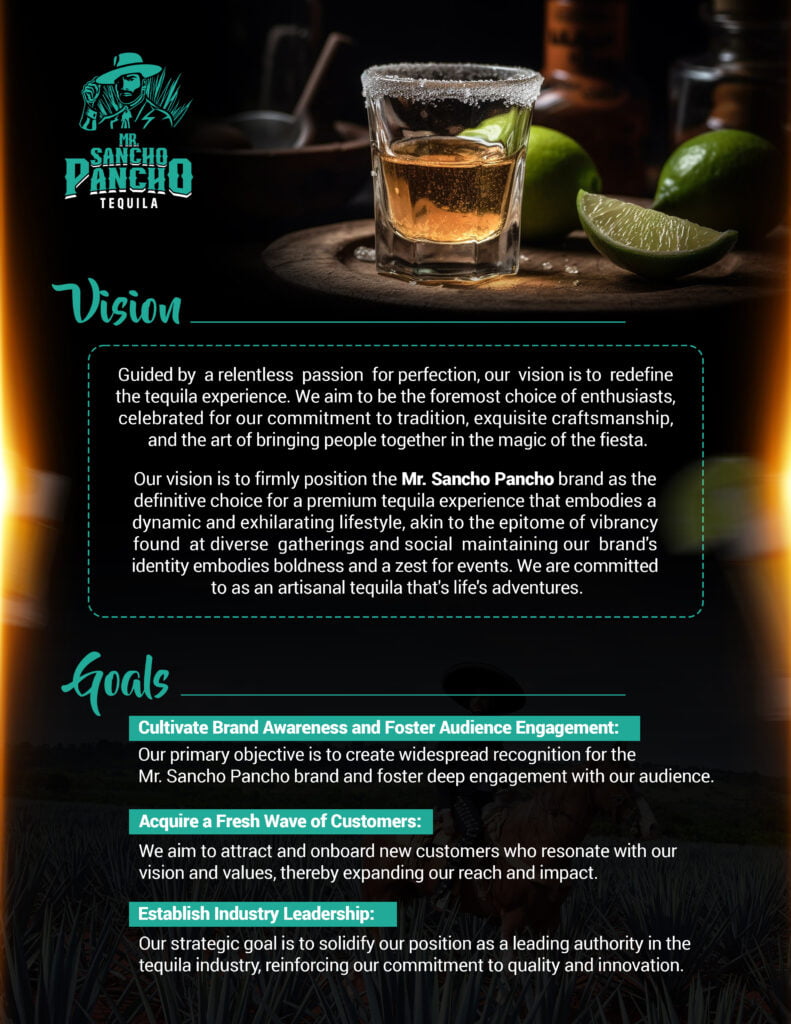Kosher tequila, an intriguing intersection of tradition and innovation, has been gaining popularity worldwide. This blog takes you on a journey through its rich heritage, exploring what makes it special. We’ll delve into the criteria that render tequila kosher, the cultural significance behind it, and the fusion of kosher standards with tequila production.
Understanding the Basics of Kosher Certification
Kosher certification is more than a label; it’s a testament to quality and adherence to Jewish dietary laws. In this section, we explore what ‘kosher’ truly means, the rigorous procedures involved, and the significance of certification in today’s world.
The term kosher originates from the Hebrew word ‘kasher,’ meaning ‘fit’ or ‘proper.’ In the context of food, it implies that a product adheres to the stringent requirements outlined in Jewish law. Certification involves a thorough inspection by a rabbi or a kosher certification agency, which examines every aspect of production—from ingredient sourcing to processing what makes a spirit kosher. This certification process ensures no contact with prohibited substances, such as non-kosher vinegar or dairy. The spiraling growth of interest in kosher products across diverse communities highlights the broader appeal of ethical and quality production that these standards represent.
What Makes Tequila Kosher?
For a tequila to be considered kosher, it must meet specific dietary laws outlined in the Jewish tradition. We explore the ingredients, production processes, and company practices that ensure a tequila earns the respected kosher certification.
Ingredients are central to kosher certification, especially in tequila, where the primary component is the agave plant. To maintain kosher integrity, tequila must be made from 100% agave without additives that could contain non-kosher derivatives. The production process is scrutinized to ensure no cross-contamination occurs with equipment used for non-kosher foods. Furthermore, aging in barrels previously used for non-kosher liquids like wine is forbidden, as these might impart impure qualities. Thus, the commitment to producing kosher tequila is as much about preserving tradition as it is about meeting stringent contemporary standards.
Interestingly, certain tequilas are naturally inclined to be kosher. Unflavored, unaged varieties, commonly known as Blanco or Silver tequilas, often meet kosher standards due to their minimal ingredients and straightforward production process. However, aged tequilas like Reposado and Añejo must ensure that the barrels used for aging comply with kosher laws—often, these are new American oak barrels. This meticulous attention to detail ensures that when you sip on kosher tequila, you’re partaking in a drink that honors both taste and tradition.
The Cultural Significance of Kosher Tequila
Kosher tequila is not just a drink; it’s a reflection of cultural heritage and the Jewish community’s adaptation to global trends. We discuss the historical and social contexts that gave rise to this unique beverage.
Tequila, a spirit synonymous with Mexican culture, intertwines with Jewish dietary laws to create kosher tequila, a blend of two rich traditions. Historically, Jewish communities have adapted local offerings to align with kosher mandates. In Mexico, this adaptation reflects a vibrant cross-cultural exchange. At Mr. Sancho Pancho Tequila, the meticulous craft of jimadores and the fusion of traditional tequila practices with kosher standards exemplify this beautiful synergy.
As the demand for kosher spirits grows, kosher tequila serves as a symbol of inclusivity and culinary diversity. It is celebrated at Jewish festivals like Purim and Passover, showcasing the adaptability of cultural traditions. The choice to include kosher tequila in such events not only honors dietary laws but also embraces the Mexican culture’s vibrant flavors. This creates a bridging experience—one that respects both Jewish customs and the rich tapestry of Mexican heritage.
The Process of Crafting Kosher Tequila
Turning mainstream tequila into a kosher beverage involves meticulous processes. Discover how traditional tequila production aligns with kosher standards while maintaining the distinct flavor and quality of the spirit.
The journey of crafting kosher tequila begins with the harvest of the Blue Weber Agave, primarily grown in Jalisco. Jimadores, the agave harvesters, slice the plants with precision, a historic artistry preserved over generations. After harvesting, the agave hearts or piñas are slowly cooked in ovens to extract their natural sweetness. The juice is then fermented and distilled, with particular attention to ensuring all equipment is kosher-compliant, an assurance of purity throughout production.
Aged varieties of kosher tequila present unique challenges and demands. Distillers must carefully source oak barrels that have not been used to age non-kosher products. Barrels influence tequila’s flavor, adding notes of vanilla, caramel, and spice during the aging process. Decisions regarding barrel selection are crucial to maintaining kosher status while ensuring the characteristically rich and complex tequila profile. Through careful oversight and craftsmanship, each bottle of kosher tequila emerges as a testament to dedication and a celebration of heritage Mr. Sancho Pancho Tequila.
Exploring the Growth and Popularity of Kosher Tequila
Kosher tequila has seen a surge in demand, resonating with both kosher observant individuals and tequila enthusiasts. In this section, we examine the factors contributing to its rising popularity and its impact on the tequila market.
The rise in kosher tequila’s popularity is driven by an increased awareness of dietary choices and inclusivity. Many consumers, whether adhering to kosher laws or simply seeking ethically produced spirits, view kosher certification as synonymous with quality assurance. For tequila, already celebrated for its intricate flavors and cultural richness, kosher certification adds another layer of appeal. This ensures its acceptance across diverse cultural contexts, proving that tequila isn’t just for those who love a good margarita—it’s for anyone who values authentic, pure, and ethically conscious drinking options.
Modern consumers seek more than just a drink; they crave a connection to the heritage and story behind the bottle. Kosher tequila fulfills this desire by offering a narrative woven from history, tradition, and a commitment to quality. By supporting kosher tequila brands, enthusiasts contribute to a dynamic market, promoting not only cultural fusion but also sustainable practices. As awareness of these benefits grows, so too does the community of kosher tequila aficionados, raising a glass to progress and cultural appreciation.
Choosing the Right Kosher Tequila for You
With a variety of kosher tequilas available, it can be challenging to make a choice. We offer tips and recommendations on selecting the best option that suits your taste and adherence to kosher dietary laws.
When selecting kosher tequila, first determine which type of tequila aligns with your flavor preferences. Blanco tequilas offer a crisp, fresh agave taste that’s perfect for cocktails and light sipping. If you prefer deeper, more complex flavors with hints of vanilla and caramel, consider opting for Añejo or Reposado varieties. These are ideal for savoring neat or pairing with rich dishes, enhancing the dining experience.
Ensure the tequila you choose has a reliable kosher certification from recognized bodies, often indicated by symbols on the label. While some brands market themselves as kosher, it’s precious to verify their certification matches your level of observance. With numerous options now available, including premium selections at Mr. Sancho Pancho Tequila, there’s a kosher tequila out there to satisfy any palate and occasion. Embrace this delicious journey, finding joy as you explore the harmonious blend of flavor, tradition, and integrity in kosher tequila.
A Toast to Tradition and Innovation
Kosher tequila holds a unique place in both the world of spirits and Jewish dietary law. Its growing popularity underscores a trend where age-old traditions meet modern production methods, creating a beverage that is not only culturally significant but also widely appreciated. As kosher tequila continues to gain recognition, it stands as a testament to the rich tapestry of cultural exchanges and innovations within the beverage industry.















